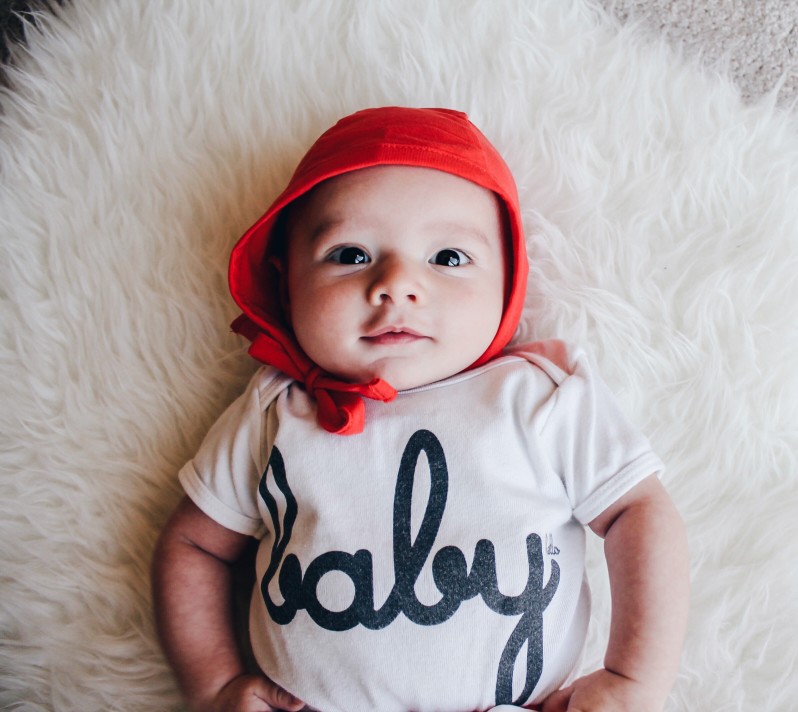You might not realize it upon bringing home your squishy newborn, but language development begins immediately upon birth. How can you best support your baby’s development?
Stages of Language Development
Your baby likely screamed as you’ve never heard before. Screaming is the only way your newborn knows how to communicate, and for a while, throughout their infant care, newborns often scream as if their life depends on it.
- From zero to three months of age, babies cry and coo.
- Four to six months, babies typically sigh, grunt, squeal, gurgle, laugh and use various cries to get what they want.
- Between six and nine months, babies begin to babble, making noises like “ba,” “da,” and more. Infants use these one-syllable words to imitate speech sounds and tones.
- Around twelve months, babies usually say their first word.
- Between eighteen months and two years, babies use near fifty words and put simple sentences together.
- Ages two to three years, children begin to use four and five-word sentences and recognize the most commonly used objects and their pronouns. By this point, strangers might be able to understand what your child is saying as well.
- From ages three to five years old, your child begins to hold more complex and even abstract conversations.
- Beyond five, kids usually have an extensive vocabulary of about 2,500 words and talk in grammatically correct, complete sentences. “Why,” “who,” and “what” are among their favorite words and questions.
If you’re concerned about your infant care and the progress your baby is making, keep in mind that all babies are different, and these are general ranges. You can always talk to your pediatrician if you’re concerned. We recommend checking with your doctor if your baby isn’t communicating with you in any way by twelve months old. If by two years old, your child doesn’t use approximately fifty words or hasn’t begun to combine words into simple sentences, consult your doctor.
How Can Caregivers Encourage Language Development Through Their Infant Care?
The best thing parents and caregivers can do to encourage healthy language development through their infant care is to talk to your baby! The more words a baby hears, the better, and the more words you speak directly to the baby, the more beneficial. So don’t be afraid to talk your newborn’s ears off!
- From the time you bring your baby home, make a point to talk to your baby about six inches away from their face. Remember, babies do not see clearly, so you need to get close. Make faces at your baby, talk about their features, and how you feel. If you feel funny talking to a baby that can’t talk back, you’re not alone! Try reading to your baby. You can read anything – your books, your magazines, or baby books. When you read picture books to your newborn, you don’t have to read just the words. Talk about the pictures and colors you see. This part of your infant care should be fun and light-hearted, not stressful.
- You can begin playing interactive games, like Peak-a-Boo, right away, but these games become especially fun when babies are about four months old.
- Play the radio instead of using the TV as background noise. While you sing along, you’re using words and communicating with your baby.
- Speak slowly to your older babies, and use sentences about one to two words longer than their sentences.
- Don’t criticize your baby’s words, but do correct them. For example, if your baby says, “dod!” for “dog,” say “yes, that is a dog!”
- Allow your child plenty of time to respond to your questions and plenty of opportunities to speak to you.
These are all helpful ways to encourage the natural development of language in your infant, and if you’re looking for a daycare, you might want to talk to them about how often they try to talk face-to-face to each child.


